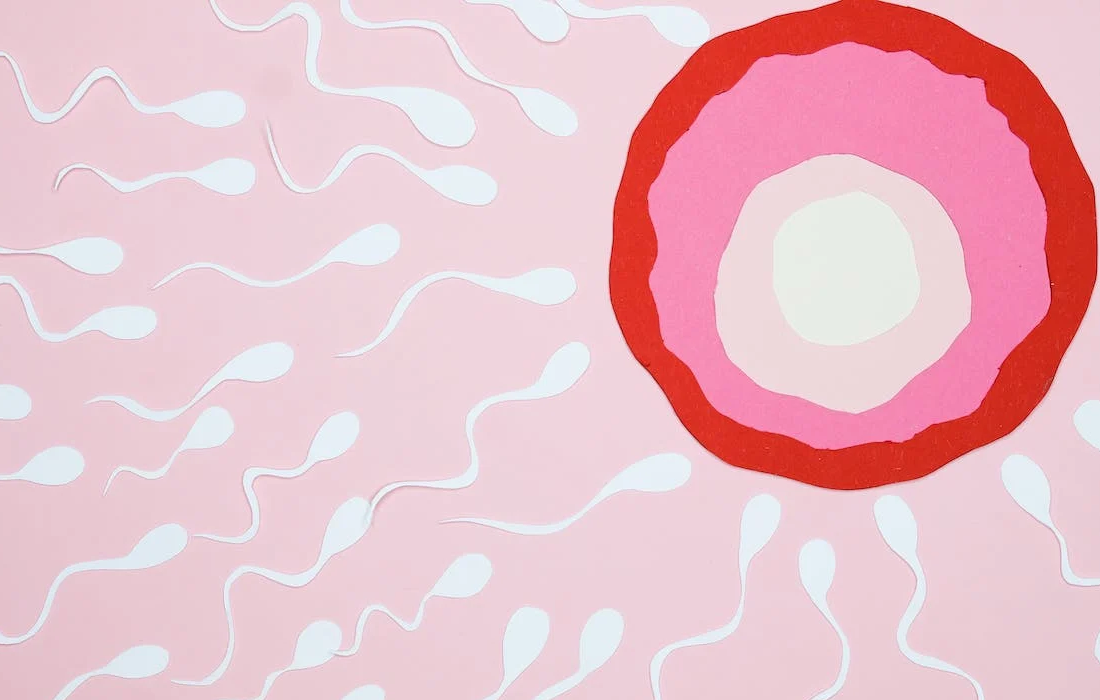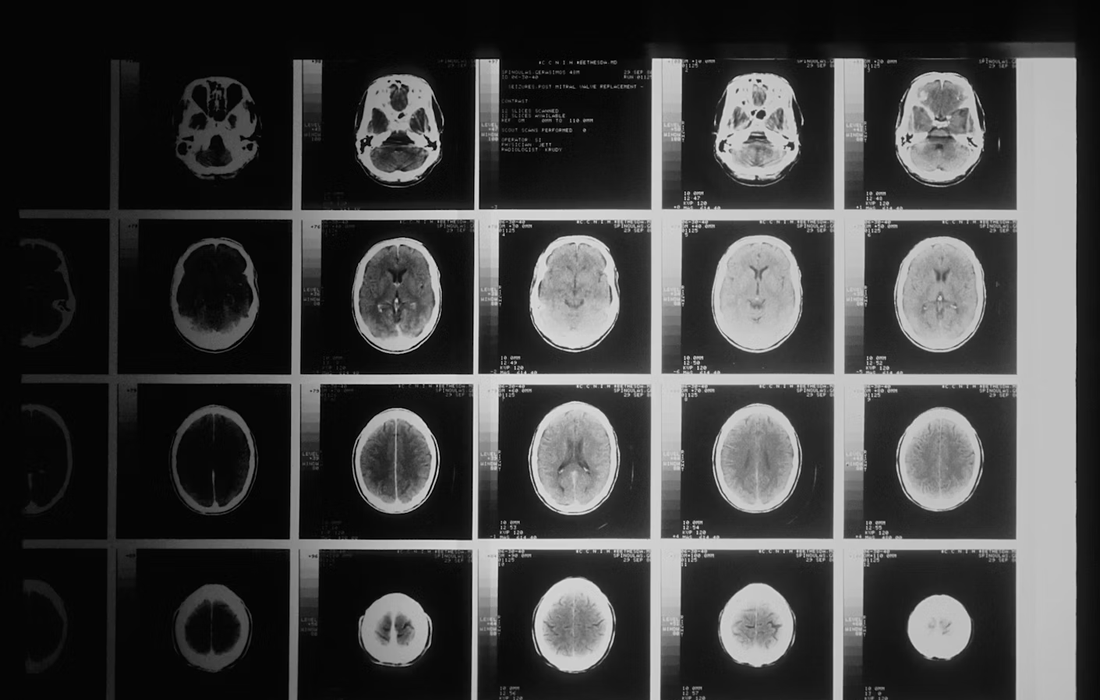The findings, published today in the European Journal of Nutrition by researchers from the School of Life Course & Population Sciences and ZOE, details the snacking habits of 854 people from the ZOE PREDICT study. Researchers found that half of the participants do not match the healthiness of their meals to their snacks and vice […]
Author Archives: Karely Vega, MD
A new review of methods to increase chances of successful conception suggests that timed intercourse using urine ovulation tests probably improves live birth and pregnancy rates in women under 40 who had been trying to conceive for less than 12 months, compared to intercourse without ovulation prediction. The review, conducted jointly with researchers from Oxford […]
An LSU Health New Orleans research study led by Siqiong June Liu, PhD, Professor of Cell Biology and Anatomy, has found that cerebellar inhibitory interneurons are essential for fear memory, a type of emotional memory formation. Inhibitory interneurons within the cerebellar circuitry act as gatekeepers and control the output of the cerebellar cortex. The formation […]
Through study findings published Friday in Cell Reports, a team of scientists at VCU Massey Cancer Center discovered a previously unknown interaction between proteins that is responsible for supplying energy to tumor cells and could hold significant implications for the development of future treatments for colon cancer. The potential answer lies within a class of […]
Two graduate students from Western University have developed a ground-breaking method for predicting which intensive care unit (ICU) patients will survive a severe brain injury. Matthew Kolisnyk and Karnig Kazazian combined functional magnetic resonance imaging (fMRI) with state-of-the art machine learning techniques to tackle one of the most complex issues in critical care. The team […]
Investigators found evening ‘chronotype,’ or going to bed late and waking up late, was associated with a 19 percent increased risk of diabetes after accounting for lifestyle factors A new study has an important message for people who consider themselves night owls. Investigators from Brigham and Women’s Hospital, a founding member of the Mass General […]
Obsessive-compulsive disorder (OCD) is a neurological disorder characterized by repeated behaviors such as cleaning and checking despite clear objective evidence of cleanliness, orderliness, and correctness. Although the disease is often mischaracterized as a disorder of “fussiness,” the disorder actually stems from difficulty in processing uncertainty. However, the neural underpinnings of that aberrant processing remains unknown. […]
Pneumonia is an infection of the lung alveoli caused by bacteria, viruses or fungi. The microbial ecosystem (or microbiome) of the human respiratory tract colonizes different niches. Scientists from the Institut Pasteur and the CNRS have demonstrated that the microbiome composition, pathogen load and clinical interventions influence the severity of bacterial pneumonia caused by Legionella […]
New research from Rice University finds that antidepressants may actually reduce negative memories in individuals suffering from depression while improving overall memory function. The study, “Perceived antidepressant efficacy associated with reduced negative and enhanced neutral mnemonic discrimination,” appears in the latest edition of Frontiers in Human Neuroscience. It examines how antidepressant use in depressed individuals […]
Researchers who previously developed the first 3D human cell culture models of Alzheimer’s disease (AD) that displays two major hallmarks of the condition — the generation of amyloid beta deposits followed by tau tangles — have now used their model to investigate whether the exercise-induced muscle hormone irisin affects amyloid beta pathology. As reported in […]










